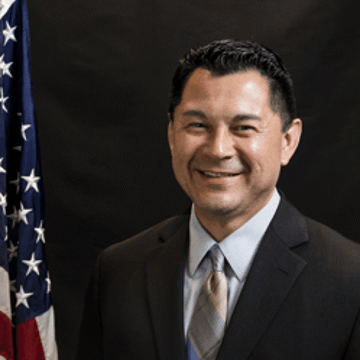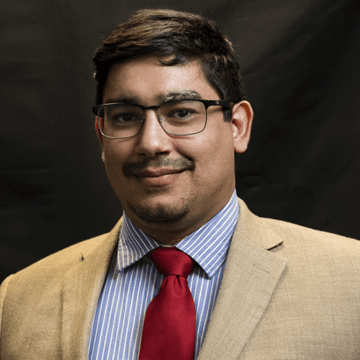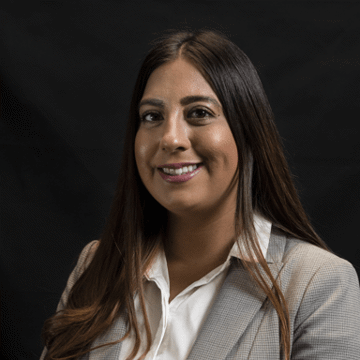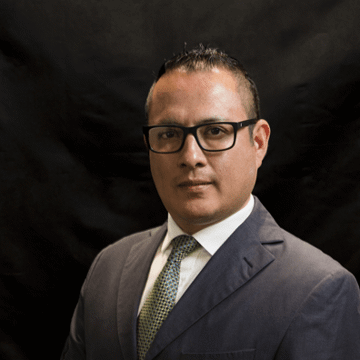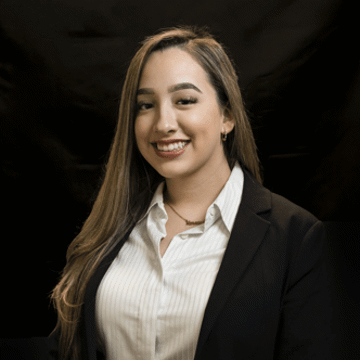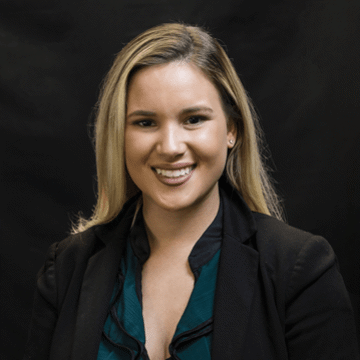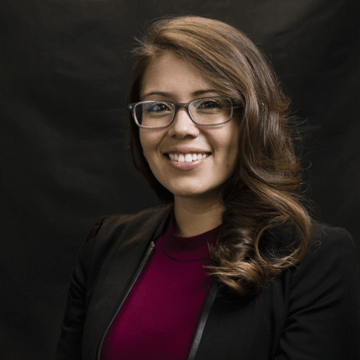EMPLOYMENT VISAS
Contac Lim Law
Orlando H1B Visa Lawyers
For Professionals Temporarily Working in the U.S.
The H-1B visa allows U.S. companies to employ non-immigrant workers in specialty occupations for a specified period of time. “Specialty occupations” include those requiring theoretical or technical expertise in fields such as architecture, engineering, mathematics, science, and medicine.
Congress caps the number of H-1B visas granted each year at 65,000, with some exceptions, such as for advanced degrees. USCIS begins accepting H-1B petitions on April 1 of each year and typically receives applications far in excess of the 65,000 limit. When they receive more petitions than visas, USCIS uses a computer-generated “lottery” process to select the petitions considered for each fiscal year.
Throughout this complex, competitive process, a qualified immigration lawyer can help employers and non-immigrant employees ensure all filings and submissions are accurate, timely, and compliant.
Contact us to schedule a free in-person consultation with an Orlando H1B visa attorney at Lim Law, P.A.
How to Qualify as a U.S. Employer
First, the business must possess a federal identification tax number. Foreign companies not established in the US cannot use an H-1B visa to bring employees to the United States.
Next, the employer must prove the position in question requires a person with “special knowledge,” meaning a professional with work experience and/or education in a specific field related to the position.
As part of this process, the employer must also prepare and submit a Labor Certification Application (LCA) to the federal Department of Labor (DOL). The LCA describes the position and salary offered and must communicate specific situations related to wages, working conditions, and the type of work. It must be published in two visible places in the workplace.
When the Labor Certification Application is approved, the employer may file a petition for a non-immigrant worker no more than six months before the non-immigrant worker’s employment start date. When the petition has been approved, the worker may apply with the U.S. Department of State embassy or consulate abroad for an H-1B visa and for admission to the United States.
Once the non-immigrant worker has entered the US and has begun employment, the employer is responsible for the following:
- Keeping records of hours, wages, and working conditions for all H-1B employees. If an employer does not document or pay the salary, or does not maintain other necessary records, the company could be forced to pay huge fines and may lose the power to hire H-1B workers.
- Paying a fee for each H-1B application. If the employer terminates the services of an employee before the expiration of the H-1B status, the employer is responsible for paying the worker’s transportation back to his last residence abroad.
General Requirements for an H-1B Visa
As a non-immigrant worker seeking an H-1B visa, you will be expected to meet the following general employment requirements:
- You must have an employer-employee relationship with the petitioning U.S. employer.
- Your job must qualify as a specialty occupation related to your field of study.
- The industry standard for this position typically requires at least a bachelor’s degree or equivalent work experience, and you can provide credentials documenting your educational and/or work experience at the time of your application.
- You must be paid at least the actual or prevailing wage for your occupation, whichever is higher.
- An H-1B visa number must be available at the time of the petition unless the petition is exempt from regular H-1B visa limits.
Additional Information Regarding H-1B Visas
Workers with approved H-1B visas may remain in the United States for up to three years. Extensions may be granted in increments of up to three years. Workers should expect to stay for a maximum of six years, though extensions beyond six years may be possible. Once the maximum six-year period has expired, the worker must spend a year outside the United States before applying for a new H-1B visa. Many workers with H-1B status file for a Green Card to become permanent residents during their initial stay in the U.S.
The spouse of an H-1B employee, as well as children under 21 who are unmarried, may be granted an H-4 non-immigrant visa. Holders of the H-4 visa may attend school but may not work in the United States. However, as of May 26, 2015, certain H-4 dependent spouses of H-1B workers can file for Employment Authorization, as long as the H-1B visa holder has already started the application process for employment-based lawful permanent resident status.
Workers in the United States currently holding a valid non-immigrant visa may apply for H-1B status. For example, if an individual enters the US on an F-1 (student) visa, he or she can apply to change their status to H-1B. An employee may change employers if the new employer files the request on behalf of the employee.
If you have any questions about your H-1B case, call (407) 897-8870 and schedule your free initial consultation with our employment visa attorneys in Orlando and Maitland.
Attorneys
